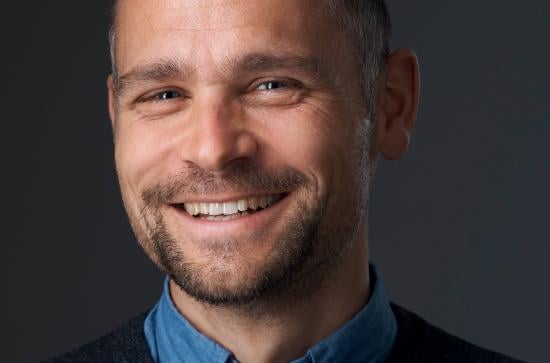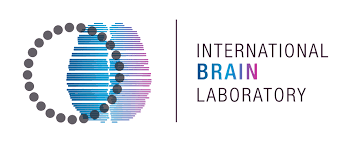Michael Schartner


Studying mathematics and physics taught me to think analytically and logically, which was crucial for my further activities as a researcher and curious human being. Being taught in English further helped me strongly in the international world of science.
After finishing my BSc in mathematics and mathematical physics at MU, I went on to study a MSc in physics at EPFL (Switzerland), doing my thesis at the University of Edinburgh. After a break when I worked as a baker, I completed a PhD in consciousness science at the University of Sussex. Given that cognitive neuroscience has exciting questions but from my perspective, less interesting methods, I started a postdoc in systems neuroscience, where the questions are less exciting but the methods are very rigorous. Currently, I am a researcher with The International Brain Laboratory, an international collaboration of neuroscientists aiming to set standards of reproducibility and transparency in systems neuroscience.
I am currently developing robust solutions for the extraction of behavioral information from videos of head-fixed mice. These methods involve markerless tracking of mouse features - such as a paw - using deep learning. This behavioral information can then be compared to neural recordings in order to help identify neural mechanisms that encode action planning and execution, adding to our understanding of decision making in animals and humans.
The International Brain Laboratory comprises 21 neuroscience groups in the US and Europe, using some elements from industry (such as working groups with official roles, information exchange via slack chat and video meetings) while keeping the freedom of academic research and flat hierarchies. The broad diversity of skills and interests is both, challenging and an exciting opportunity to set new standards for the whole field of neuroscience.
My current lab - which I joined in order to learn their methods - was crucial to the development of the research collaboration of which I am now part.
When planning a career in science, it is crucial that your are curiosity-driven. Make sure you pick a field that reflects your interests, ideally something you can never read enough about. Once you have identified scientific writing that you find fascinating, try to contact the authors directly in order to explore PhD/Postdoc positions.
